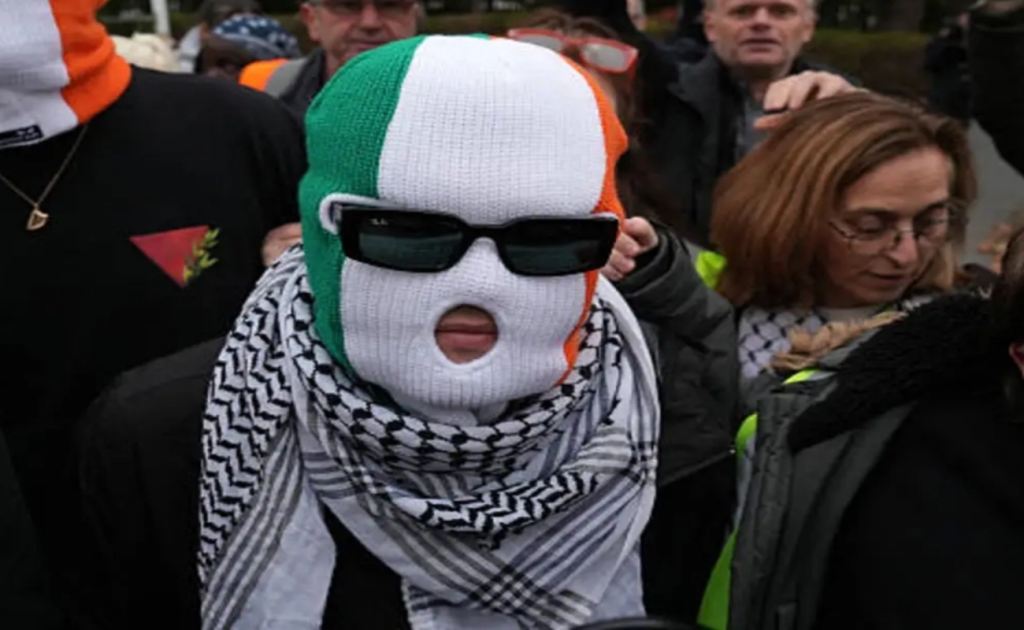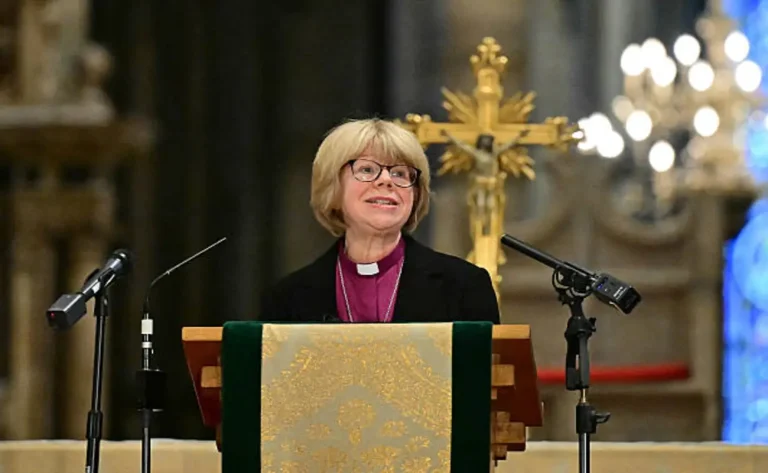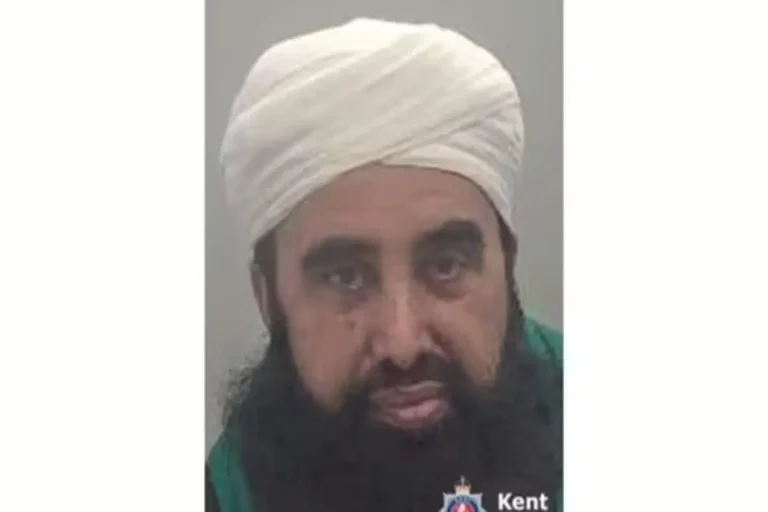
Kneecap singer Liam O'Hanna, known as Mo Chara, arrives wearing Irish flag balaclava at Woolwich Crown Court in London. CARLOS JASSO/AFP via Getty Images
O’Hanna, 27, who performs under the stage name Mo Chara, had denied the offence since his arrest in May.
The charge stemmed from a concert in London in November, where he was accused of displaying a Hezbollah flag.
Prosecutors had alleged that the video of the performance showed material linked to the Iran-backed Lebanese militant group.
The UK Home Office lists Hezbollah as a proscribed terrorist organisation under terrorism legislation.
O’Hanna’s legal team challenged the validity of the proceedings, arguing the paperwork had not been filed in the proper form.
Judge rules terrorism case unlawful
Chief magistrate Paul Goldspring told the court that the proceedings were “not instigated in the correct form”.
He added that “consequently the charges are unlawful and null and the court has no jurisdiction”.
With that ruling, O’Hanna was told he was “free to go”.
Kneecap singer cleared in London
O’Hanna and his bandmates attended the hearing wearing balaclavas in the colours of the Irish flag.
Supporters outside the court celebrated the dismissal, saying it was a victory for due process.
Fans of Kneecap had described the case as politically motivated, though prosecutors had insisted it was based solely on the evidence presented.
The Northern Irish group is known for provocative performances and lyrics that frequently reference politics and identity.
The band has previously drawn criticism from political leaders, while building a strong following across Ireland and the UK.
Reaction to terrorism charge dismissal
Campaigners for free expression welcomed the ruling, saying it reaffirmed the importance of correct legal procedure.
The court decision follows years of debate in the UK over what constitutes support for proscribed organisations.
Under the Terrorism Act 2000, displaying flags linked to banned groups can constitute an offence if it is deemed to show support.
In this case, the technical error identified by the magistrate was decisive.
Neither O’Hanna nor his representatives made a public statement immediately after leaving the court.
Kneecap is scheduled to continue performances across Europe later this year, according to their official tour calendar.
The Home Office has not commented on whether further action may be pursued following the case’s collapse.
The ruling is seen as a significant moment for musicians facing scrutiny over political imagery on stage.
It also highlights the complexity of applying terrorism laws to live performances and artistic expression.
Related: Former Imam Qari Sher Mohammad Jailed for Child Sexual Abuse in UK Mosque
Legal analysts said the judgment underscored how technical flaws in charges can render a prosecution invalid, regardless of the allegations.
The courtroom outcome concluded one of the most high-profile cultural and legal intersections in the UK this year.

